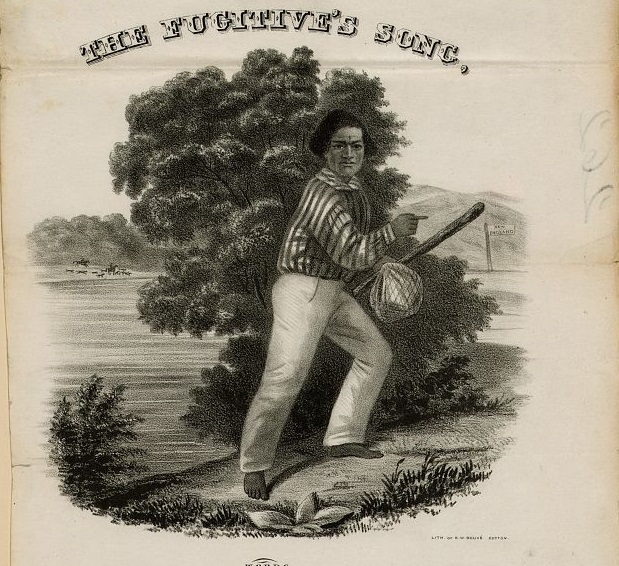Frederick Douglass was a historic writer, editor, social reformer, abolitionist, and so much more. Born into slavery in 1818 (exact birthdate is unknown) and given the name Frederick Bailey (his mother's name). Douglass was separated from his mother as an infant and lived with his maternal grandmother until age 6 when he was moved to plantation. Douglass taught himself how to read and write while enslaved to the Auld family in Baltimore. He taught other slaves how to read with his copy of the Bible. After Thomas Auld found out Douglass was teaching others to read he was sent off to Edward Covey's farm, Covey was known for his brutal punishments. It was here Douglass started attempting to escape slavery.
Douglass had several failed attempts at escaping Covey's farm and slavery, but he finally succeeded in 1838 boarding a train to Havre de Grace, Maryland. He traveled through Delaware and made it safely to New York, where he officially changed his name to Frederick Douglass. Once Douglass got settled in New York, he sent for Anna Murray, a free Black woman in Baltimore, the two met in captivity with the Aulds. She joined Douglass in New York, the two married and would later have five children together.
Anna Murray: Wife of Frederick Douglass
The couple moved to Massachusetts where Douglass started attending meetings for the abolitionist movement, this is where he was exposed to the writings by William Lloyd Garrison. The two later met and were asked to speak at an abolitionist meeting, they accept and Douglass told his story of his life of slavery and escaping. Garrison was encouraged Douglass to become a speaker for the abolitionist movement. By the time 1843 came around, Douglass was a member of the American Anti-Slavery Society's "Hundred Conventions" project that toured around America for six months. Douglass was physically assaulted multiple times during this tour.
Douglass started the first anti-slavery newspaper "The North Star", named after the star that led slaves to freedom. Douglass went on to find and work for numerous other newspapers. He was a big voice for women's rights, and always looking to better America.
Citations:
https://www.history.com/topics/black-history/frederick-douglass
https://www.loc.gov/exhibits/odyssey/educate/norths.html
https://www.pbs.org/blackpress/news_bios/douglass.html





No comments:
Post a Comment